
When it comes to our pet cats, we always need to strike a balance in their diet for a healthier and happier life. One way of achieving this is through homemade probiotics, a group of live bacteria and yeasts that promote good digestive health. This guide explains why your feline friend could benefit from these and how to introduce and brew them at home.
Why Should You Consider Homemade Probiotics?
Cats, like humans, need proper gut health and probiotics play a crucial role here. There could be multiple reasons to introduce probiotics into your pet’s diet. These can range from helping out with stress, assisting in digestion and boosting the immune system to being an overall health prerequisite. Additionally, homemade probiotics trump store-bought options in the way they present a lower risk of unwanted additives and preservatives being ingested.
Food Sources of Probiotics
Cats can effectively process probiotics present in a range of foods like fermented products, certain vegetables, milk or water kefir. These are not only economical but also facilitate diversity in your cat’s nutritional profile when introduced gradually and safely.
Creating Homemade Probiotic Recipes
- Yogurt and Fermented Food Probiotics: From kimchi and sauerkraut to fermented fish or meat, these recipes are rich mis à tables. Equipped with the right know-how and safety protocols, they form a significant part of unconventional feline dietary support.
- Water Kefir and Milk Kefir Probiotics: Kefir grains are rich in gut-friendly bacteria helping with digestion. Harnessing these in water and milk probiotics for homebrew could yield beneficial results.
- Vegetable Probiotics: Certain vegetables, expose your much-loved pet to a bunch of good bacteria. Make sure they’re stored and implemented using well-informed practices.
Ensuring Safety With Your Homemade Probiotics
Be attentive to your pet’s reactions after starting these probiotics. Consistent adverse reactions are red flags and you should stop immediately and consult a vet. Brewed probiotics require accurate temperature regulation and storage practices.
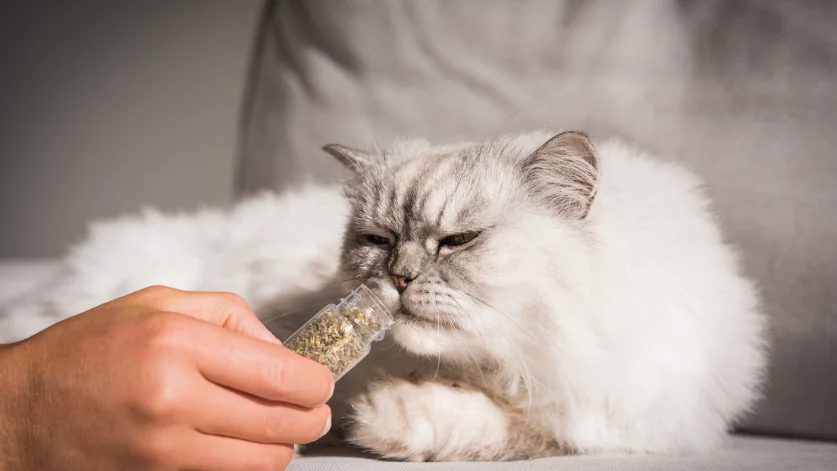
Consulting a Vet For Your Homemade Probiotics
Any major changes to your pet’s diet should always be consulted about with a vet first. They have the knowledge and understanding to guide you through the benefits and potential risks of homemade probiotics. While doing it on your own can be understandably appealing, professional opinion & supervision never goes amiss and ensures the least chances of misguided steps. A healthy balance between ‘Homemade Probiotics for Cats’, other remedies, and regular veterinary practices often leads to optimal health—ensuring that our feline companions enjoy lengthy and vibrant lives.
Quick Tips for Homemade Probiotics
When preparing homemade probiotics, keep in mind a few pointers. For instance:
Preparation: Go gentle while introducing these into your pet’s diet. Gradual transition aids better adaptation rather than a sudden shift.
Ingredients: Always use high-quality, organic ingredients for making probiotics at home and avoid any food substances that your cat may be allergic to.
Storage: Homemade probiotics should be stored in a sterile, cool, and dry place to maintain their efficacy. Dosage: Be cautious while determining the serving portion for your cat. The best rule of thumb is less can often be more – moderation is key.
Monitor Behavior: Observe your pet’s behavior post-dietary changes. Pay attention to telltale signs of discomfort like vomiting, excessive lethargy or abnormal bowel movements.
Stay Patient: The benefits of probiotics become increasingly apparent over time, so patience is the cardinal rule here.
Remember, your pet’s health should always take precedence over everything else. So sign off with quality love, careful observation, and responsible domestic shots for consistently blooming feline health. Keep up the research to enhance your homemade recipes and understand various probiotics’ compatibility with your cat’s specific needs.
Petvetfoodtips
While it seems like the extensive information discussed above encompasses most aspects of the homemade probiotics topic for cats, we’d be more than happy to elaborate or break down further into subtopics if needed. Here are a few additional suggestions:
Beyond Gut Health: Secondary Benefits of Probiotics
Apart from major defensive roles against gastrointestinal irregularities, probiotics offer secondary benefits like balancing moods or helping manage skin conditions. Nudging overall well-being notches further, these good bacteria romp in joy at witnessing a happier cat disposition!
Possible Risks of Overdosing
With clarity of benefits, understanding potential risks blooming on over-diets gains equal spotlight. Noticing subtle shifts – like sensitivities, increase in thirst, adverse reactions, or anything unusual, facilitates interrupted care instead of stressful turn of events heavily laden by a high probiotic dosage.
In conclusion, venturing down the homemade probiotics route can be rewarding for both your pet and your peace of mind, knowing you’re providing your cat, not just with dietary supplements, but also with a level of care so comprehensive it commands its own flair.
Probiotics are beneficial bacteria that naturally live in the gut, which supports a healthy immune system and digestion. An imbalance of these bacteria can lead to poor health outcomes for cats.
Yes, cats can consume homemade probiotics, like those found in fermented foods, provided the food is safe.
You can make homemade probiotics by fermenting safe and suitable foods like goat’s milk. Many recipes are readily available online.
It’s crucial to introduce any new food to a cat’s diet slowly. Start by including tiny amounts of the homemade probiotic into your cat’s usual food, gradually increasing in small increments.
While homemade probiotics can offer benefits, there can be risks. Home fermentation processes sometimes encourage the growth of harmful bacteria. Always consult with a vet before adding homemade probiotics to your cat’s diet.
Definitely. Only your vet can evaluate your cat’s overall health and make proper recommendations on diet changes.
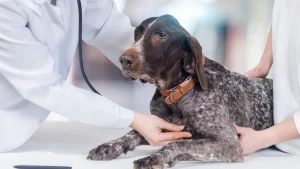
Dog Heartworm Test at Home | PetVet In-Depth Guide
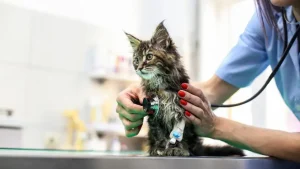
Best Cat Food for Cats with Feline Herpes | Petvet PetFood

Top 10 raw food for dogs with allergies.
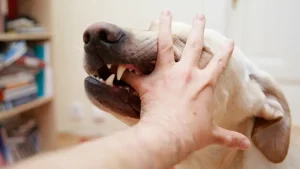
How to Apologize When Your Dog Bites Someone - Vet Tips
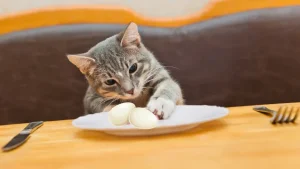
Can Cats Eat Raw Quail Eggs - Pet Vet Recommendation
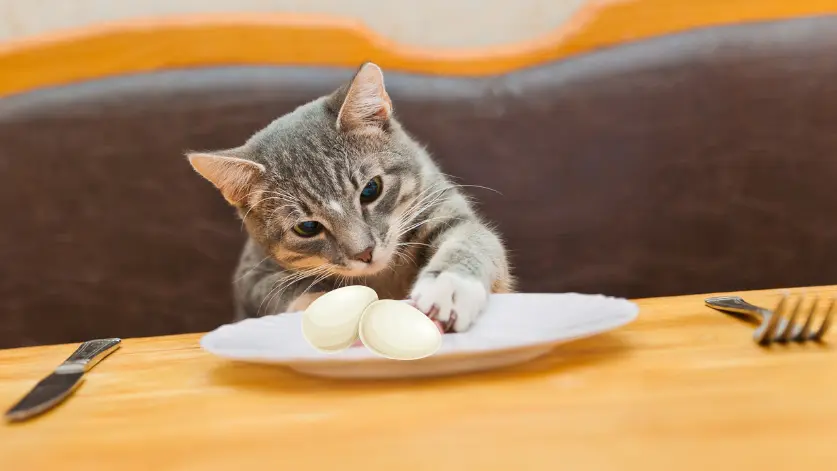
Can Cats Eat Raw Quail Eggs - Pet Vet Recommendation

Homemade Probiotics for Cats: Pet Vet Guide
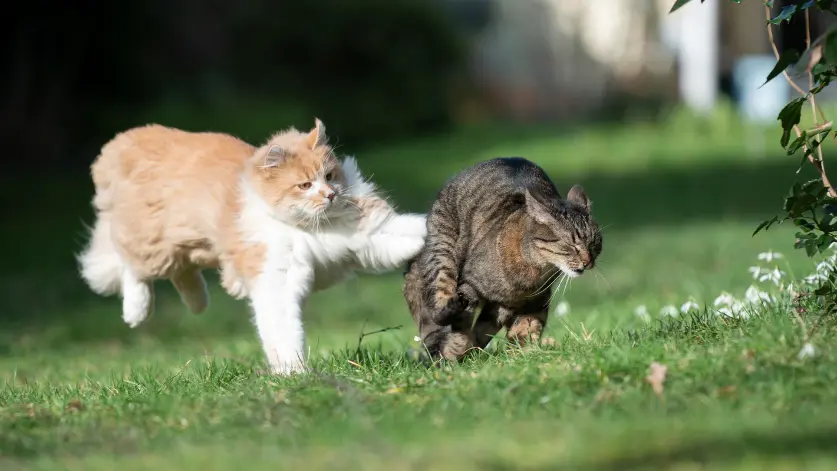
Can Domestic Cats Survive Outside: An Expert Vet Contribution
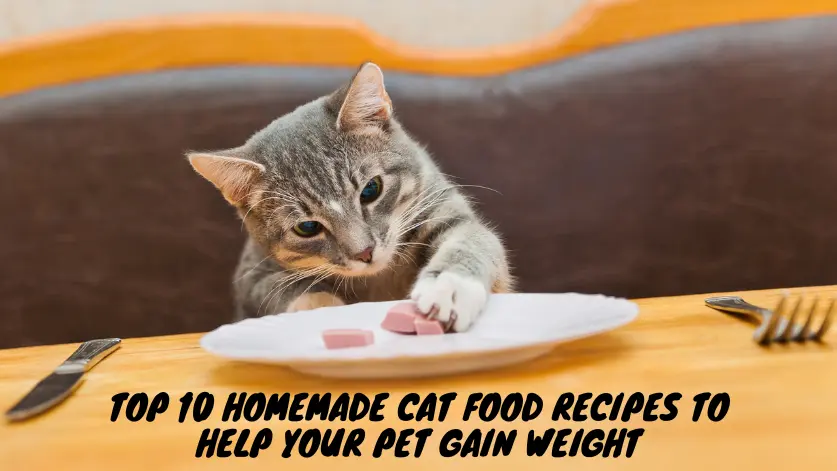
10 Homemade Cat Food Recipes to Help Your Pet Gain Weight
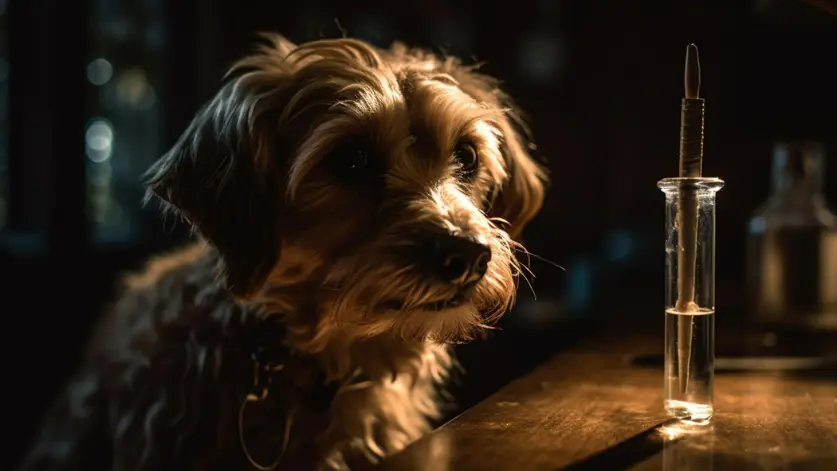
Doxycycline for dogs without vet prescription
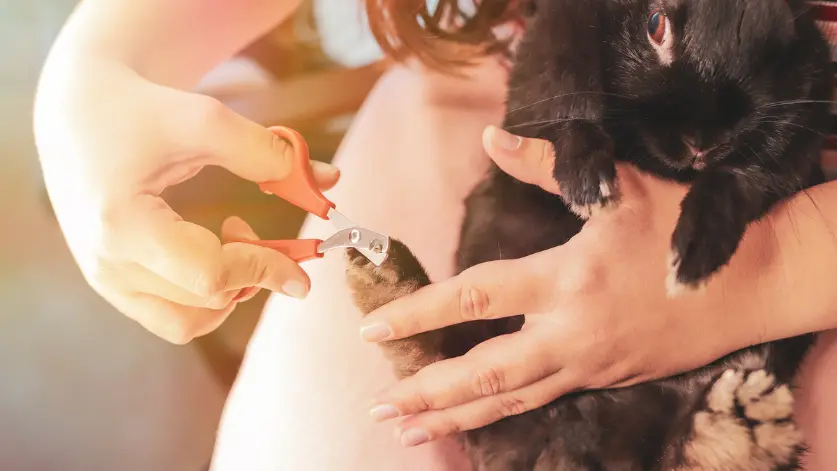
How to keep Rabbits nails short without cutting



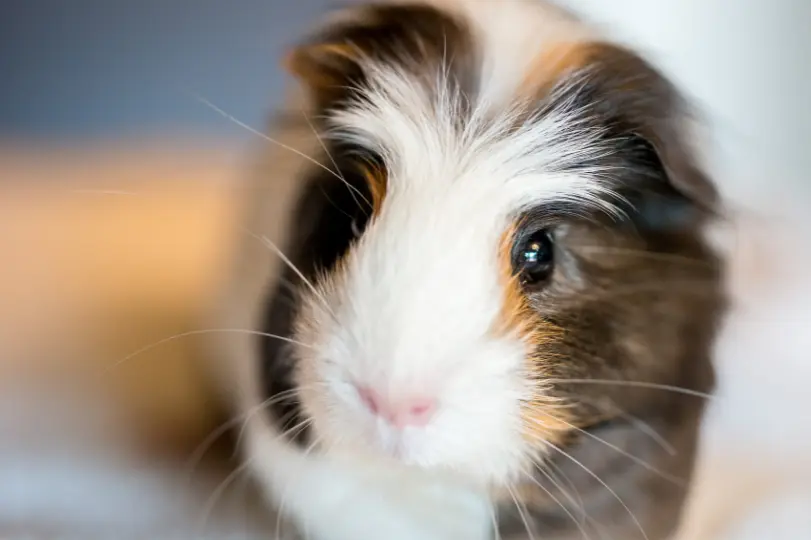
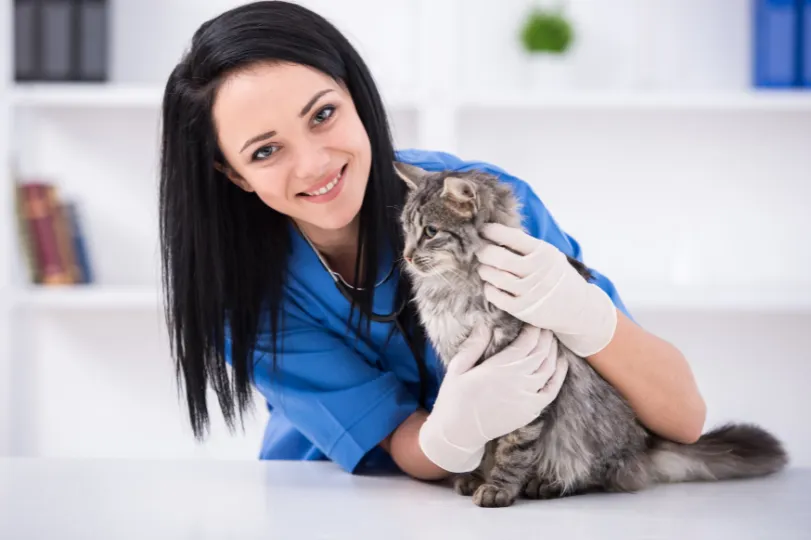
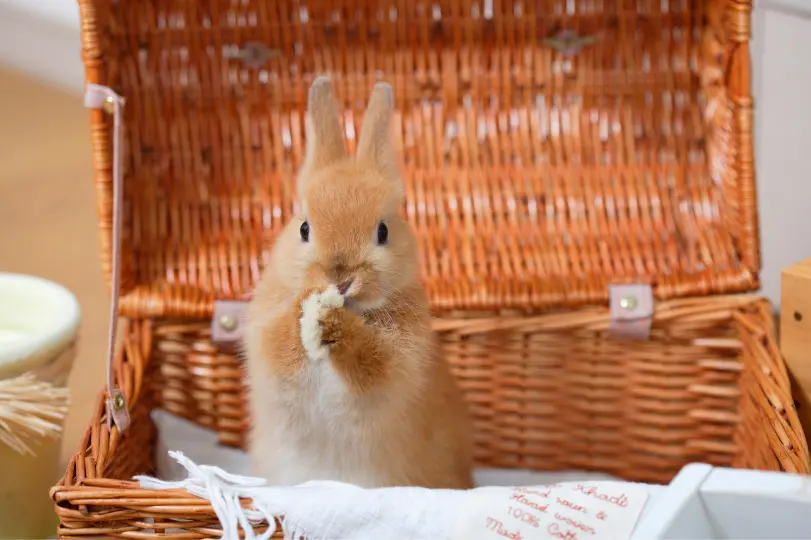


Thank you for the auspicious writeup It in fact was a amusement account it Look advanced to far added agreeable from you However how can we communicate